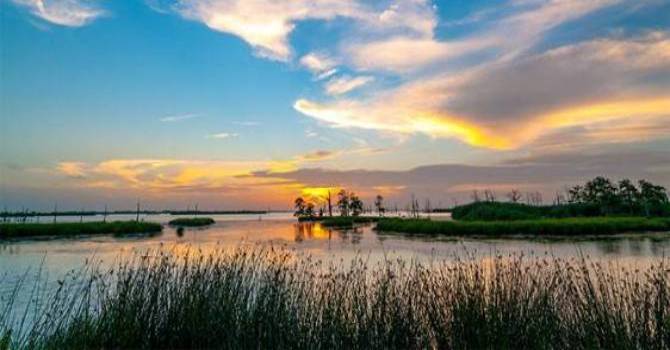Pre-Trip Reflection: Painting a Picture of the Mississippi Delta

Kandyce Keller
2nd Year MPH Candidate: Global Health Epidemiology
One of my earliest memories surrounding the state of Mississippi, was mastering the spelling of the long, complex, jingle of a word in elementary school. While I cannot speak to everyone else’s childhood experiences, my classmates and I were filled with excitement after memorizing, M-I-S-S-I-S-S-I-P-P-I. We were so excited that we would constantly recite the spelling of the word as if it was our personal name. Later in junior high we learned more about the where Mississippi was geographically located, the iconic river, and about the hurricanes and flooding that historically devastated the region. The narrative changed at some point throughout my education though. The new picture highlighted the regions historical roots in civil rights and segregation, the poorly ranked education system, the high rates of poverty, and low-quality housing. During college, I also learned more about the structural, economic, and societal level components that have built the environment and perpetuated the poor health and wellness among certain communities like in Mississippi.
As I sit here and write this blog post I can’t help but reflect on the information and course work my class and I have covered over the past seven weeks to prepare for our public health in action trip to the Delta Mississippi. I find myself reviewing and contrasting the information with the things that I once thought I knew about Mississippi to construct a clear mosaic of what the community we are about to enter will look and feel like. During the weeklong endeavor to the region of the United States where southern cuisine and blues were born, we will be working alongside community partners and The University of Mississippi faculty and students. The goal of this trip is to gather information that will inform the efforts of expanding the state's ongoing Food Prescription Program. This program seeks to decrease the burden of food insecurity that is experienced by individuals who fall through the gaps of other food assistance programs like WIC and SNAP. We will be employing the skills we have learned as public health students in real-world situations during our time on the ground in Mississippi. These skills include activities of qualitative analysis, oral and written communication, leading focus groups, considering the ethicality of solutions, applying theory of the social-ecological model and livelihood frameworks, and interacting with communities of diverse cultures.
While I am excited and eager for this opportunity, I question if reading and talking about an area could truly prepare us for what we are about to experience and learn (i.e. the depth of the food insecurity burden, the feelings that accompany the blues, or the resilience of a community that has walked through hardship together). Over the course of the next few weeks, I expect that the current image I have of Mississippi will, yet again, expire and a new one will be constructed through this hands-on field work experience. For now, I feel informed and ready for the journey!
